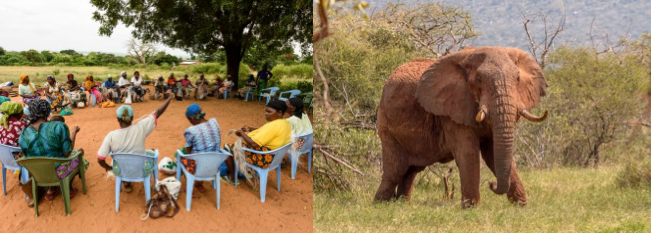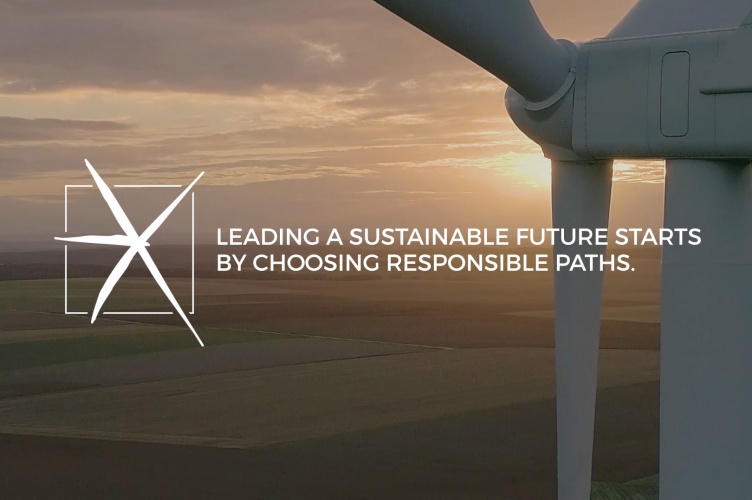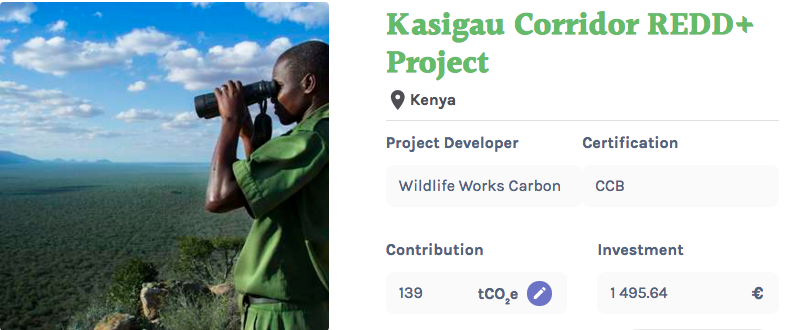#thechoice #sustainability
"For our students, learning expeditions and business trips are essential ways to learn and discover the world, beyond the boundaries of the classroom. ESCP students have the privilege to travel across the world and are trained to work in highly international contexts. However, travelling (from students, staff or faculty) constitutes a central environmental impact of our school, and we need to act on it", explains Professor Aurélien Acquier, Head of Sustainability Transition and Scientific co-Director of the Deloitte Circular Economy Chair. "This is why we are exploring ways to reduce our CO2 footprint, and starting to offset the CO2 generated by our travels."
Shaping business to contribute to society in a positive manner is one of the ESCP key missions. In our VUCA world one thing is certain: a new paradigm with responsible and collaborative leadership has arrived.
The choice of sustainability
That’s what Jean-Baptiste Institute did, by joining the ClimateSeed platform to offset the GHG emissions from its learning expedition to San Francisco in order to mitigate the impact on climate changes, in a socially responsible way.
ClimateSeed is a Social Business launched in collaboration with Nobel Peace Prize Laureate Prof. Yunus' team- reinvesting 100% of its profits in environmental projects. This greentech provides several tools to take climate action, including a voluntary carbon offsetting platform to help connect organizations with tangible projects that either avoid or capture CO2 emissions. The ClimateSeed digital marketplace allows organisations to offset their CO2 emissions by supporting sustainable projects. All projects preserve the planet and contribute to the Sustainable Development Goals set by the UN. ClimateSeed provides a wide range of internationally certified projects including reforestation, energy efficiency, renewables, household devices, water and waste management in more than 20 countries.
"When combined with strong carbon reduction, carbon offsetting minimizes the negative impact on the planet while protecting and restoring the environment", says Vincent Loubinoux, Business Development Manager at ClimateSeed and ESCP Alumnus. "ClimateSeed’s Social Business DNA puts ethics and environmental-social problems at the core of the startup’s objectives. Ethics should always be at the center of sustainability action to make sure that the planet, project developers and local communities can benefit at maximum from the contribution done by an organization."
ClimateSeed is a social purpose business launched during the Global Social Business Summit in November 2018 with Nobel Peace prize laureate Professor Muhammad Yunus.
On the ClimateSeed platform , a business enters the amount of carbon dioxide equivalent it wants to offset and then chooses between different kinds of projects, location and Sustainable Development Goals.
Bringing 121 students to San Francisco, for one week, in October 2019, Jean-Baptiste Say Institute, will contribute to the Kasigau Corridor REDD+ Project in Kenya.

What is this project about ?
This project addresses drivers of deforestation in a wildlife sanctuary in Kenya, protecting 200,000 hectares of forest and establishing a safe haven for thousands of elephants and more than 300 species of other wildlife. The three key pillars of the project are forest protection, community empowerment and wildlife conservation.
"ESCP chose to support this project because it addresses 3 dimensions : protection, community empowerment and wildlife conservation", explains Sylvain Bureau, Scientific Director of the Jean-Baptiste Say Institute.
The Kasigau Corridor project protects over 200,000 ha of highly threatened dryland forest, which is owned by 4,500 community members. Approximately 120,000 people live in the local area, which is home to over 50 species of large mammals, 300 species of birds, and populations of IUCN Red List species such as cheetahs, lions, and over 2,000 African elephants.
This process lead by Laetitia Langlois, Sustainability Transition Project Manager at ESCP and Yohann Marsollier, Coordinator for the Jean-Baptiste Say Institute, will be extended to other learning expeditions such as the last one when the IoT Chair took 33 students to Copenhagen about one month ago. Its Scientific Director, Professor Sandrine Macé, decided to contribute to the Kasigau Corridor project.
Campus

